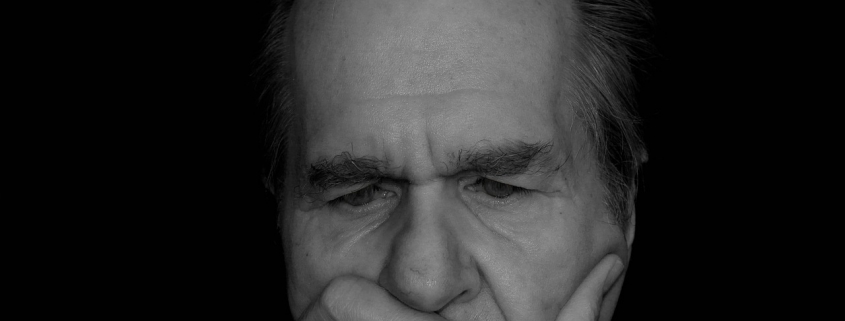Why Leaders Must Learn to Think
Every now and then I get a quizzical look and am asked to explain how I wandered from Quantum Physics into Leadership. It was actually a half-open backdoor that got me in there. Looking back over thirty years, what Quantum Physics did was get me interested in the way we think, the way we perceive and make sense of what is around us, and the way we form representations of reality based on our assumptions. It also surfaced for me the very limitations of our thinking process in how we commit the grave error of assuming that what we observe is the objective truth. Quantum Physics gave me a grammar for understanding and describing what is essentially our relationship with the world. My work on leadership continues to resonate with exactly that: every time I work with executive teams and CEO’s, I begin by asking them to explore three questions: “What is your relationship with the organization and people that you lead”? ; “What futures do you want to create?”; and “What past patterns of your thinking and behavior get in your way?”.
We learn to make mental maps of the world that we assume to be the territory, in Gregory Bateson’s unforgettable turn of phrase. “The theory decides what we observe”, said Einstein, exposing our tendency to observe through the lenses of our assumptions and biases, and then assuming that what we perceive is the real. Leaders must be able to step back and observe in real time how their “theories” and “maps” manifest the world and shape their decisions and choices, and their conversations, actions, and behaviors. Only through a deeper awareness of how we think, can leaders learn to shift their mindsets from what I will describe in a later blog as reactive to mastery.
One of the fascinating things I am discovering about the brain is that biologically we are programmed to operate from the reactive mindset. After all, it is this mindset that has helped life survive over millions of years. So, for example it becomes more beneficial for us to focus on the negative than on the positive, as it is the negative that biologically holds more of a threat to survival. So, perception of potential danger trumps feelings of well-being in the survival stakes! The thinking we do from such a mindset is low-grade thinking largely dependent on stored memory and the “past”. Unless we become aware of the hold of the past on us, and how it influences the way we think and behave, take decisions, and make choices, we continue to operate from this reactive mindset as the brain “chooses” to engage with the world in a reactive mode. Recent failures at Kodak and Nokia, and the reaction to the financial crisis in 2008 bear testimony to our propensity for preferring the past over the present. To lead is to essentially disrupt and overcome the biological tendency to react from the past. It is all about knowing when and how to rise above the biological forces of survival and the reactive mindset.







